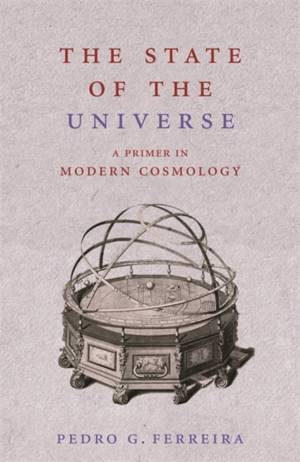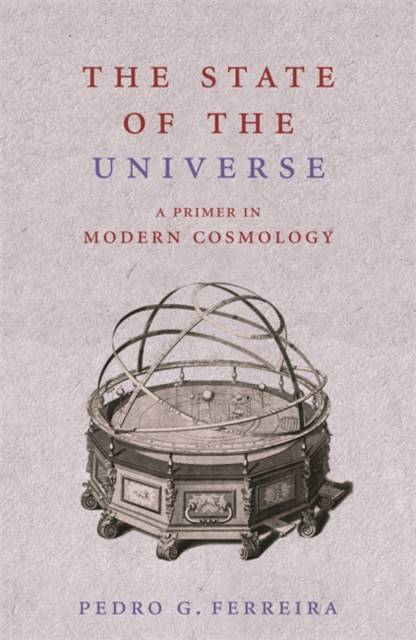
- Afhalen na 1 uur in een winkel met voorraad
- Gratis thuislevering in België vanaf € 30
- Ruim aanbod met 7 miljoen producten
- Afhalen na 1 uur in een winkel met voorraad
- Gratis thuislevering in België vanaf € 30
- Ruim aanbod met 7 miljoen producten
Omschrijving
A masterly overview of the development of cosmological thinking from the Greeks, via Newton and Einstein, to the present day.
It is science's last and greatest challenge: fathoming the depths of the night sky. The objective: to crack the cosmic code, to unravel the blueprint for nature's grandest conception, a machine constructed on an unimaginably vast scale - the Universe itself.
Today's model of an expanding Universe - the big bang cosmology - is actually built on principles derived from a few simple mathematical equations. Gravity-warped space time, quantum mechanics, the physics of the subatomic, these crucial insights, stemming from Einstein's revolutionary theories of relativity, have led to a simple and elegant framework within which the whole of the Universe, over billions of years, has been described.
But recent evidence has begun to make wrinkles in the neat fabric of the big bang cosmology. There is now overwhelming evidence that there is far more stuff in the Universe than we can see. What, and where, is this 'dark matter'? And it now appears that the expansion of the Universe is accelerating: something out there - some exotic 'dark energy' - is acting against gravity to push space and time apart.
While offering a critical view of how all the pieces in our current model fit together, Pedro Ferreira argues that Einstein's Universe may be just another stepping stone towards a new, more profound and effective cosmology in the future.
Specificaties
Betrokkenen
- Auteur(s):
- Uitgeverij:
Inhoud
- Aantal bladzijden:
- 320
- Taal:
- Engels
Eigenschappen
- Productcode (EAN):
- 9780753822562
- Verschijningsdatum:
- 8/08/2007
- Uitvoering:
- Paperback
- Formaat:
- Trade paperback (VS)
- Afmetingen:
- 132 mm x 197 mm
- Gewicht:
- 299 g

Alleen bij Standaard Boekhandel
Beoordelingen
We publiceren alleen reviews die voldoen aan de voorwaarden voor reviews. Bekijk onze voorwaarden voor reviews.











